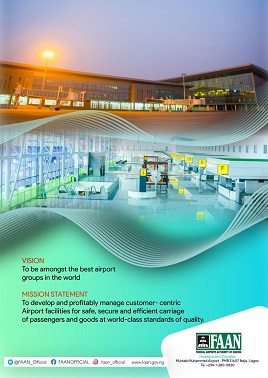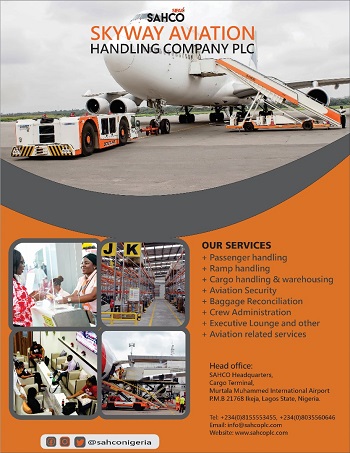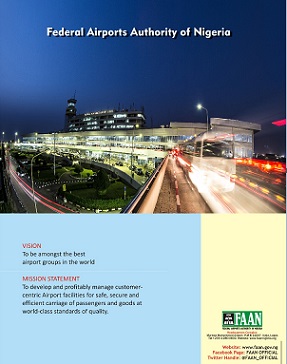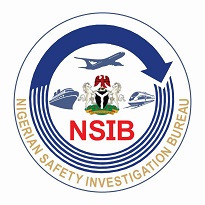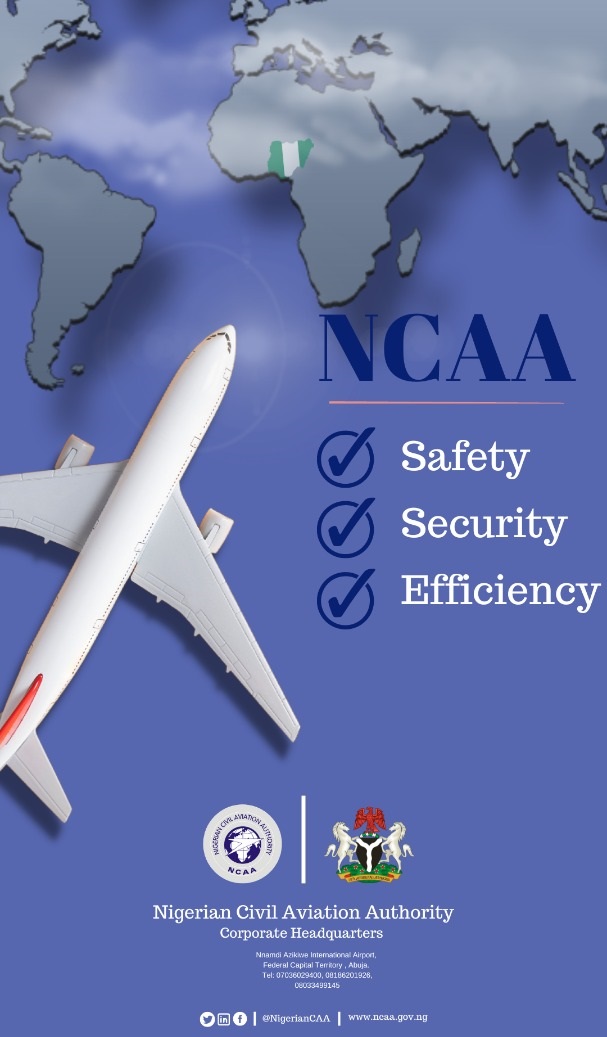
The Director-General of the Nigerian Civil Aviation Authority (NCAA), Capt. Musa Nuhu at the weekend tasked Aviation stakeholders to perform the role as expected of them dutifully and conscientiously to avoid accidents or serious incidents in the sector.
Nuhu noted that the industry had only recorded one serious incident with fatalities in the last five years with the Quorum Helicopter crash of 2020 in which three crew members on board were killed.
According to him, the feat was made possible through the synergy of all stakeholders.
The Director General delivered a keynote address at the conference on prevention of human factors in air accident occurrences organised by the Accident Investigation Burea (AIB) in partnership with the League of Airport and Aviation Correspondents (LAAC).
He said the stakeholders must not relax in doing the right thing in order to prevent accidents and save lives.
He said: “We do not want to get it wrong and we do not want to have blood on our hands. The primary responsibility of the Nigerian Civil Aviation Authority is public safety and this is what we must assure through our safety oversight and shared responsibilities with the certified entities and licensed personnel.
“We must jettison the tag of being a reactive people to that of being proactive and predictive, where we must not allow existing latent conditions including those associated with human errors to precipitate into incidents and accidents.”
He stressed that while it is common knowledge, widely propagated within the industry that at least 70 per cent of aviation accidents are due to Human Factors, a review of the Commercial Aviation Safety Team (CAST)/ICAO Common Taxonomy Team (CICTT) taxonomy for occurrence categories shows that there is no category of these occurrences ascribed to “Human Factors”.
“Meanwhile,” he said, “an in-depth review of the established different CICTT categories will show that humans are somehow practically involved in or interface with all the occurrence categories.”This is the reason why the Safety Management Systems (SMS) classifies the above statement as a misconception as humans (especially frontline personnel) interface in almost, if not all probable causes of aviation accidents at the different stages of either design, production/manufacture, organizational, operational and maintenance processes and procedures.
“Human Factors can fundamentally and best be described as “Matching the Man (Person) to the Job and Matching the Job to the Man under the prescribed conditions”. This implies compatibility of the person to the job i.e. preparing, adapting, enabling, equipping and conforming the person to perform the assigned task to achieve the design and expected objectives.
“Any mismatch will contribute to human error and is a precursor to an accident.”
Commissioner of AIB, Engr. Akin Olateru stressed that aviation remains the safest means of transportation.
But he said the safety rating must be improved upon despite that the rate of accidents is represented at one per million takeoffs.
According to him, it is of paramount importance to do everything that would contribute to substantial reduction of the human factor failure in air transportation.
He stated that Human factors knowledge can be used to reduce the likelihood of errors and build more error tolerant and more resilient systems.
These, he noted are important for safe and efficient aviation.
He said, “Causes affecting the accident rate in air transportation can be classified from various factors and points of view. The most general and probably the most transparent way of classification is dependence on human action or failure, technical and meteorological factors.
“As far as the organizational or legislative shortcomings are concerned, they could also be instrumental in supporting the factors mentioned, mostly as a result of poor adherence to legislative procedures or mismanagement of resources associated with air operation.
There is a range of causes to air accidents. In view of the fast development taking place in almost all the aviation fields, the occurrence of air accidents caused by technological advancement is reducing. This development, however, is adding to the complexity of systems and raising the level of seriousness, all that to be managed by the humans.”
He stated that for a substantial progress in air transportation safety to be achieved, it is necessary to focus on the most frequently occurring air accidents, such as the CFIT and runway excursions and overruns and loss of control of the aircraft.
The AIB helmsman added: “It is also important to focus on the phases of flight especially at its beginning (takeoff) and end (landing).
When assessing the development in accidents, it follows that despite the enormous progress made in the field of air transportation, its safety fail to develop to satisfaction, with causes identified as incomprehensive approaches to learning and appreciating the human factor.”
Chairman of LAAC, Mr. Olusegun Koiki stressed the need for continued focus on human factors in air accident investigation since it plays a crucial role in safety in the global aviation sector as it would reduce the rate of accidents.
“One small error caused by poor procedures or miscommunication can result in catastrophic events including loss of life,” he said..
He commended the AIB which he said has performed credibly well in improving air safety.
He said, “Let me use this opportunity to reiterate that if indeed, the Federal Government desires safer transportation for the country, it is pertinent to amend the existing Act setting up AIB to include the investigation into other modes of transport – Intermodal investigation is the way to go.
“AIB as an organisation, has performed creditably well in ensuring safer skies for air transport in Nigeria. AIB’s statutory duty should be extended to other modes of transport like road, rail and marine. A situation where the inspector also acts as an investigator/regulator will rob off on the credibility of an investigation report.
“The current Nigeria Safety Investigation Bureau (NSIB) Bill before the National Assembly should be passed. The approval of this bill will reinforce safety in all modes of transportation in Nigeria through distinctive, efficient and effective investigations of accidents and serious incidents involving any of the modes of transportation within Nigeria or anywhere else Nigeria’s interests lie.


